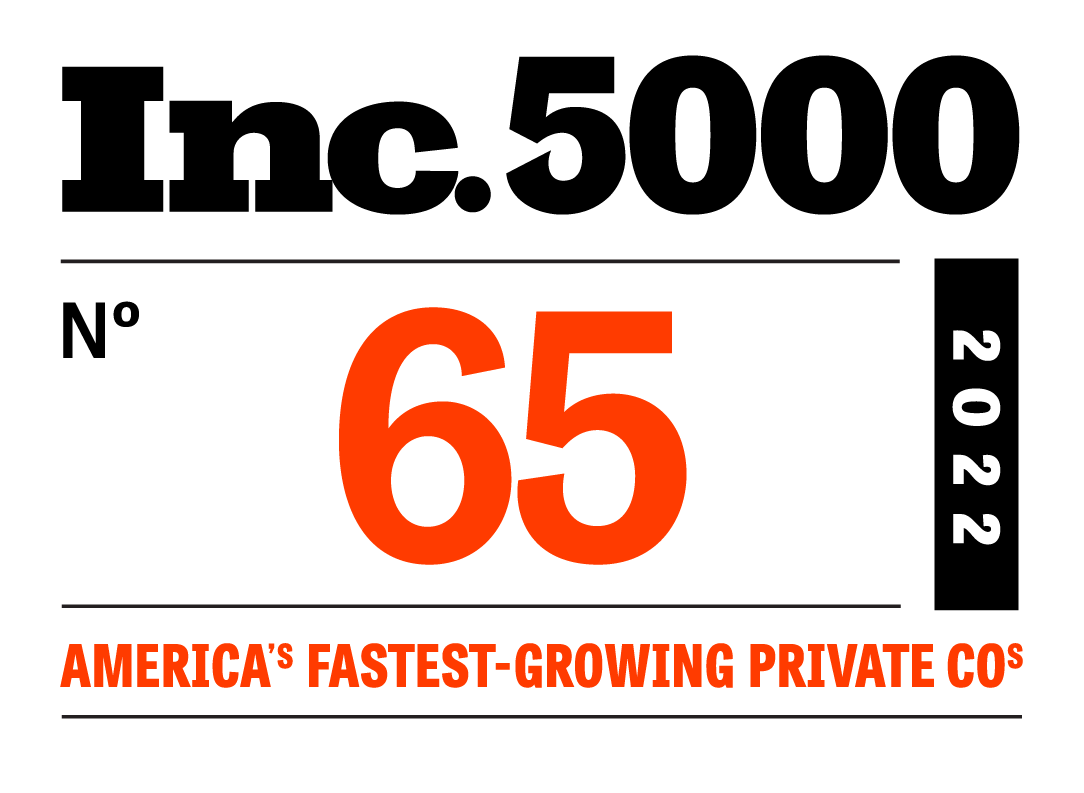.jpg?width=900&name=pppupdated%20(1).jpg)
Note: This post was most recently updated on 4/2/2020 to reflect the latest guidance from the Small Business Administrator as posted to the Department of Treasury's website.
Read our Paycheck Protection Program Loan Forgiveness FAQ for Banks and Credit Unions, here.
With the Coronavirus Aid, Relief, and Economic Security (CARES) Act signed into law, some $350 billion are set to flow to small businesses that are effected by the current pandemic. We've been tracking the legislation since its infancy and have compiled some frequently asked questions below to help banks and credit unions better understand the role they'll be playing in getting that capital to businesses. We'll continue to do our best to keep this blog updated as more information becomes available.
- What is the CARES Act?
The Coronavirus Aid, Relief, and Economic Security—or CARES—Act is a roughly $2 Trillion stimulus package that was signed into law on March 27, 2020. A portion of the bill provisions some $349B for the Small Business Association. This money will be distributed by banks, credit unions, and some nonbank lenders in the form of federally-backed loans that will be guaranteed by up to 100 percent as long as the money is used appropriately under the new legislation. - What is the Paycheck Protection Program?
The Paycheck Protection Program (PPP) is a modified and expanded SBA 7(a) loan program for businesses that are currently struggling due to uncertainty in the markets caused by the coronavirus (COViD-19) pandemic. It provides funds to pay up to 8 weeks of payroll costs including benefits. - Who qualifies for PPP loans under the CARES Act?
The following businesses are eligible for a PPP loan under the CARES Act:- Businesses ≤ 500 employees, or those that meet the applicable size standard for the industry as set by existing SBA regulations
- Accomodation and food services industry businesses with no more than 500 employees at each physical location
- Nonprofit organizations
- Eligible independent contractors and sole proprietors
- Which kinds of lenders can process, close, disburse, and/or service PPP loans under the CARES Act?
Eligible lenders include:- SBA Qualified Lenders under section 7(a)
- Insured depository institutions
- Insured credit unions
- Farm Credit System institutions
- Additional lenders can make loans once approved and enrolled in the program
- New lenders will need to submit their application to DelegatedAuthority@sba.gov to apply with the SBA.
- What documents do lenders need to submit to get loan forgiveness?
The following docs, along with a completed loan forgiveness application, are required:- Verification of the number of full-time equivalent employees on payroll, as well as pay rates prior to, and after, the PPP loan period. This includes:
- Payroll tax filings reported to the IRS and state income
- Payroll
- Unemployment insurance filings
- Any cancelled checks verifying mortgage interest, lease, and utility payments
- Certification that documentation is true and correct, and that the amount considered for forgiveness was used appropriately under Paycheck Protection Program guidelines.
- Other documentation as deemed necessary by the SBA
- Verification of the number of full-time equivalent employees on payroll, as well as pay rates prior to, and after, the PPP loan period. This includes:
- How much capital can small businesses borrow through the Paycheck Protection Program?
Businesses can borrow up to two times the cost of their average monthly payroll costs from last year, plus an additional 25 percent on top of that. This amount is, however, subject to a cap of $10 million. Seasonal and/or new businesses will use different time periods for calculation. It’s also important to note that payroll costs are capped at a max $100,000 salary per employee.
- What can PPP loans be used for?
There are a number of approved uses for PPP loans, including:- Qualified payroll costs
- Rent
- Utilities
- Interest on mortgages and other debt obligations
- When is the deadline to get a PPP loan through my bank, credit union, or nonbank lender?
All PPP loans under the CARES Act must be disbursed by no later than June 30, 2020. - What percentage of PPP Loans will the SBA guarantee under the CARES Act?
Through deferred participation, the SBA will guarantee 100% of PPP loans during the covered period. - What criteria exists for lenders who want to extend loans under the Paycheck Protection Program?
Banks, credit unions, and nonbank lenders participating in PPP must consider the following eligibility parameters prior to extending a loan under the program:- Was the business in operation on Feb. 15, 2020
- AND, did the business meet one of the following:
- Had to pay salaries and payroll taxes
- OR, paid independent contractors (Form 1099-MISC)
- What terms and conditions are associated with PPP loans?
No collateral or personal guarantee are required. However, if the proceeds are used for fraudulent purposes, the U.S. government will pursue criminal charges against the appropriate persons or entities. In addition, the usual SBA requirement that the borrower try to obtain some or all of the loan funds from other sources, will be waived. - What is the maximum maturity on PPP loans?
The maximum maturity is 2 years. - When can businesses begin applying for PPP loans?
There are two start dates for PPP loan applications:- Small business and sole proprietorships: April 3, 2020
- Independent contractors and self-employed: April 10, 2020
- What is the maximum interest rate for a PPP loan under the CARES Act?
For covered loans, the maximum interest rate is 1%. - How much capital does a lender need to hold on their balance sheet, against issued PPP loans?
Paycheck Protection Program covered loans are risk rated at 0%, meaning lenders do not need to hold capital against said assets. - What happens if a PPP loan needs to be modified due to further disruptions caused by the COVID-19 pandemic?
Under the CARES Act, lenders are not required to report the modification as a troubled debt restructuring until a time yet-to-be-determined time as set by federal banking agencies. - Are PPP loan processing fees reimbursed?
Yes. Approved lenders, banks included, will be reimbursed for covered loan processing fees. Reimbursement rates break down as such:- 5% for covered loans up to $350,000
- 3% for loans between $350,000–$2,000,000
- 1% for loans ≥ $2,000,000
- Can a lender sell PPP loans on the secondary market under the CARES Act?
Yes. And, if an investor declines to approve a deferral request, the SBA Administrator will purchase the loan so the borrower may have a deferral of at least 6 months.






